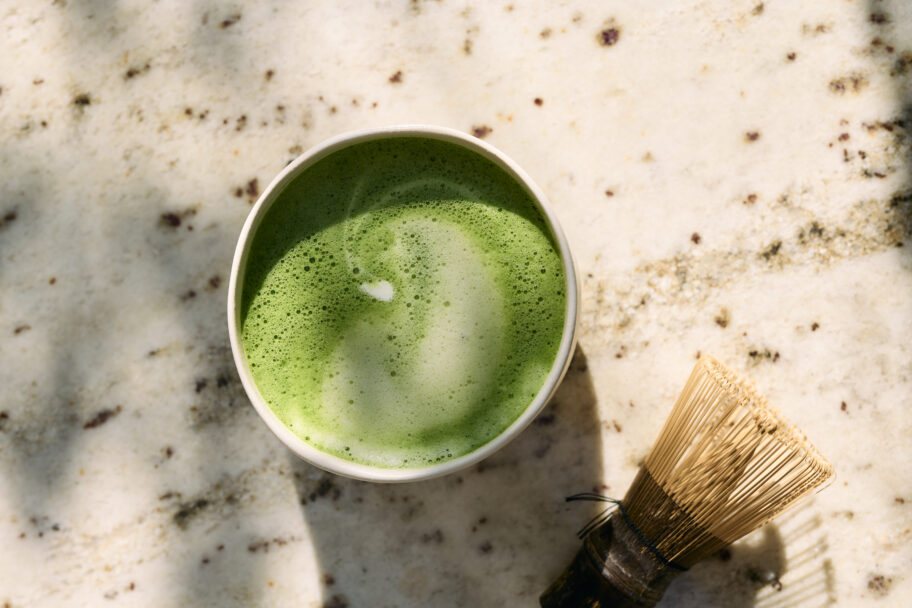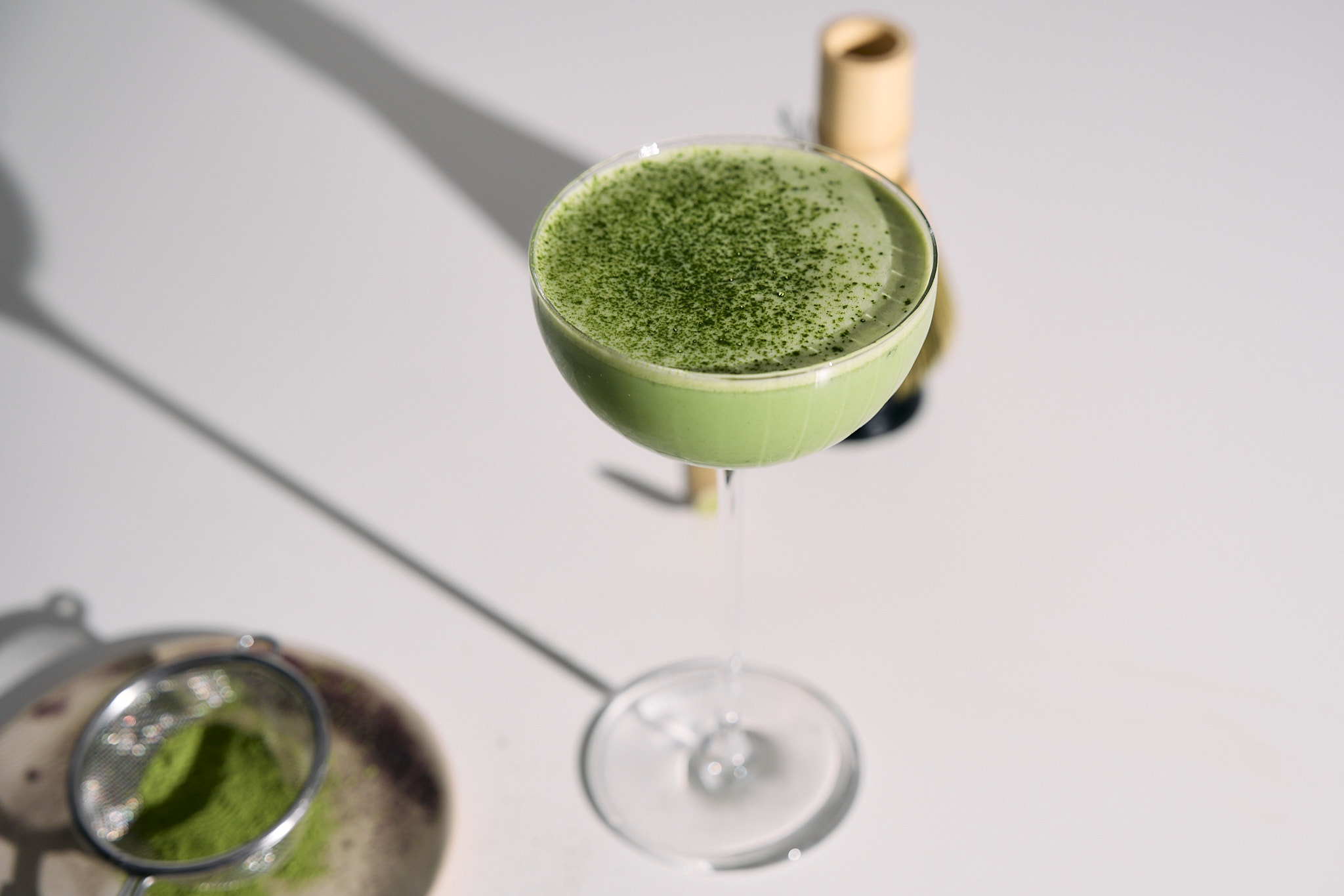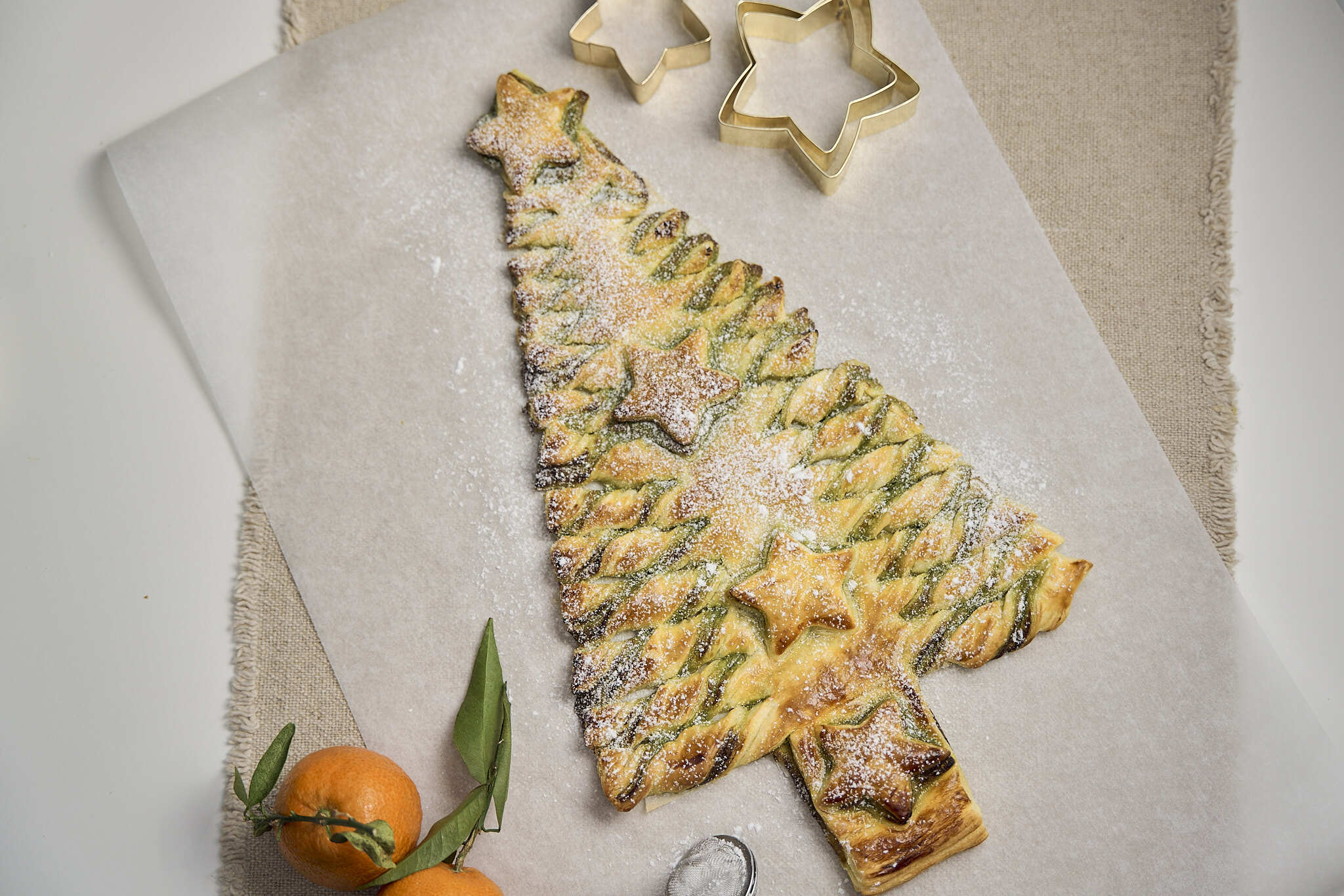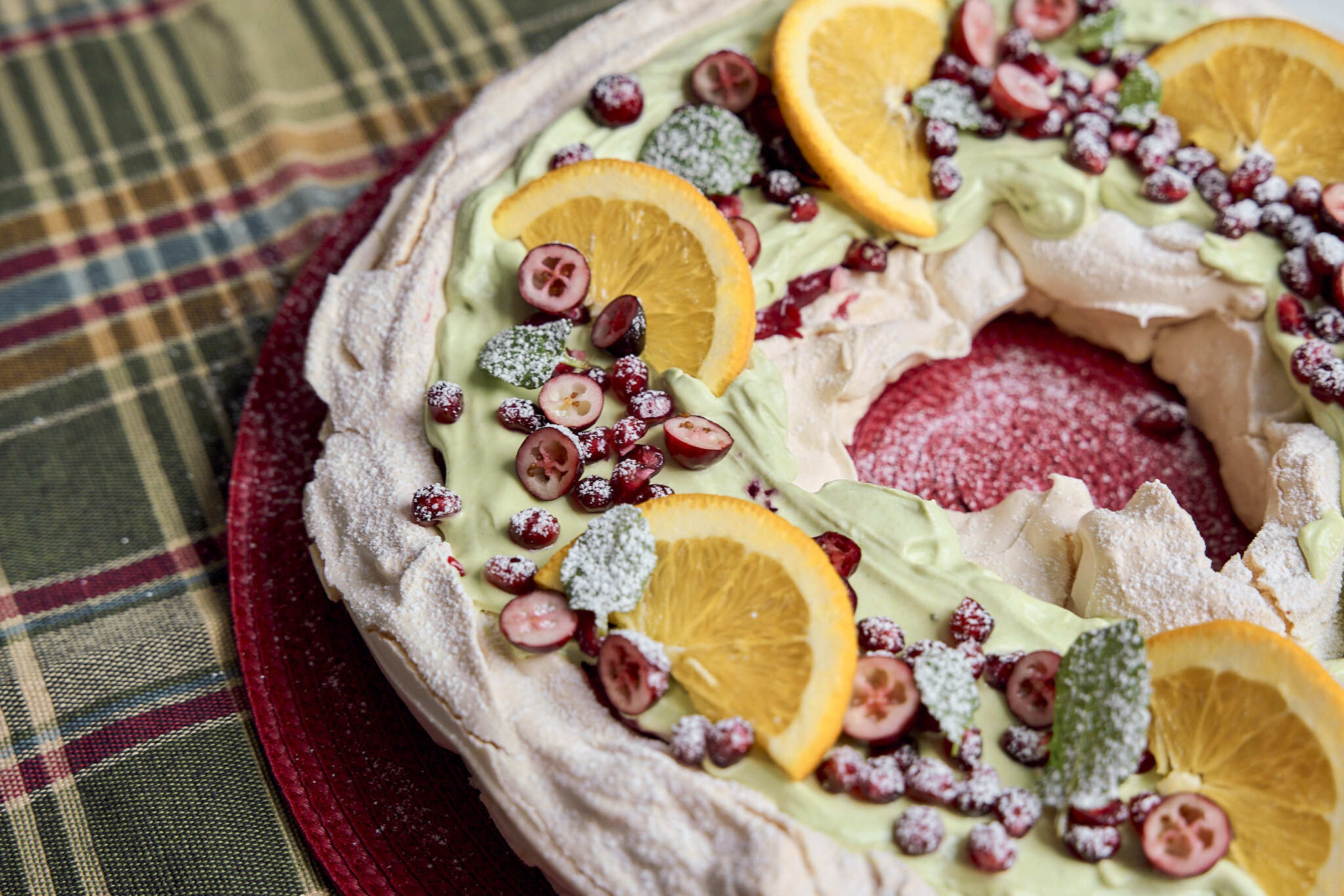Walk into any café in recent years and you’ll spot the shift immediately. That neon-green powder isn’t just another trendy ingredient – cafés now offer matcha alongside coffee, signaling a shift in caffeine preferences. The coffee-versus-matcha conversation exploded over the past two years. Gen Z orders matcha lattes at unprecedented rates. Wellness enthusiasts often discuss L-theanine’s calming effects. Remote workers balancing anxiety, productivity, and sleep while seeking a better energy source.
But here’s what most articles miss: this isn’t about picking a winner. Different caffeine sources work differently for different bodies, different moments, different goals. One person’s “smooth energy” is another’s “too weak.” One morning demands coffee’s sharp kick; that afternoon might call for matcha’s gentler hum.
This guide addresses key questions: when matcha outperforms coffee, who benefits most from switching, and how to choose based on your needs and how do you make the choice matches your physiology and routine – not someone else’s Instagram aesthetic?
Is matcha a good substitute for coffee in terms of energy and alertness?
Yes – and understanding how matcha works can help you get consistent, reliable energy from it. Matcha delivers powerful caffeine, comparable to or even exceeding coffee, but the key to consistent results is knowing how much powder you’re using. Most people don’t realize that “one cup” varies dramatically based on grams of powder, which is why tracking your servings helps you adjust the powder amount for consistent energy.
What is matcha?
Matcha is powdered green tea that is grown using a method of shading the bushes. This method forces the bushes to work harder without the sun – a bit like algae. As a result, the leaves accumulate more nutrients than in cultivation without shading, which is how most leaf teas are produced. In turn, thanks to its powdered form, when drinking matcha, you consume the whole plant, not just the infusion. It is for these two reasons that matcha is a superfood that has such an intense effect on the body. You can read about what matcha is on our website.
How does matcha’s caffeine actually compare to coffee?
Medical and analytical data pin matcha’s caffeine content at roughly 18.9–44.4 mg per gram of powder. That translates to approximately 75–177 mg per cup if you’re using a robust 4-gram serving.
The real issue is portion-size ambiguity. When someone says “I had a cup of matcha,” they could mean anything from 40 mg of caffeine (a light home whisking with 1 gram) to 170+ mg (a ceremonial 4-gram bowl or thick café latte). Coffee varies too—dark roast vs. light, brew time, bean origin – but we’ve standardized around that familiar “95 mg per 8 oz” benchmark. With matcha, you have more control over your caffeine intake by adjusting the powder amount.
So, how many grams of matcha equal one cup of coffee?
If you’re switching from coffee to matcha, here’s what you need to know about caffeine equivalence. 2–3 grams of matcha is roughly equivalent to one 240 ml cup of drip coffee in terms of caffeine content. A typical cup of drip coffee contains about 80–100 mg of caffeine. Matcha provides 19-44 mg of caffeine per gram of powder, so a 2–3 g serving delivers 38-132 mg comparable to a standard 240 ml cup of drip coffee (80–175 mg).
Stronger café-style servings made with 3–4 g of matcha can actually exceed the caffeine content of a standard cup of coffee. Caffeine levels in both coffee and matcha vary widely depending on the raw material and preparation method. Use this as a general guideline, not a precise conversion.
Does matcha really give “no crash” energy – or is that marketing?
The “smooth energy, no crash” experience many people report has solid scientific backing:
- Slower absorption – caffeine in matcha appears partly bound to catechins and tannins, which may delay gastric emptying. The result? A gentler ramp-up compared to coffee’s sharp spike.
- L-theanine’s role -Matcha typically contains 20–40 mg of L-theanine per gram of powder, or 20–80 mg per standard serving (1.5–2 g). This amino acid modulates glutamate receptors and promotes what researchers call “relaxed alertness.”
Controlled studies on caffeine + L-theanine combinations show the combo improves focus and reduces jitters, per studies more effectively than caffeine alone. This supports the “calm focus” reports from matcha enthusiasts.
What you can actually expect?
Many people genuinely experience smoother energy and fewer jitters on matcha. This is real, driven by L-theanine and different absorption dynamics. The experience tends to be a more sustained, even energy curve rather than a sharp spike and crash.
The most honest claim supported by current science? “Matcha typically provides smoother, more sustained energy than equivalent caffeine from coffee for most people.” The combination of L-theanine with caffeine creates a unique energy profile that many find ideal for focused work. If you’re switching from coffee to matcha, you’ll likely notice a gentler energy curve – particularly if you’re sensitive to coffee’s more intense stimulation.
Is matcha better than coffee for anxiety, stress, or “calm focus”?
For most anxiety-prone people, matcha offers distinct advantages. Matcha’s L-theanine content can buffer caffeine’s jittery edge and promote calmer focus, making it gentler than coffee at comparable doses. The key is finding the right serving size for your individual sensitivity and needs.
What does the recent research say about L-theanine and stress?
The latest evidence paints L-theanine as a legitimate anxiety reducer. Reviews and controlled trials consistently show that daily doses of 200–400 mg can lower perceived stress and anxiety, improve sleep quality, and increase alpha brain wave activity linked to relaxed alertness. Cognitive benefits such as better attention and faster reaction time are also reported. Overall safety looks solid.
Systematic reviews describe L-theanine as promising with small to moderate effects. Most importantly, while supplement-level doses show the strongest benefits, even the amounts naturally present in matcha contribute to its characteristically smooth, calm energy profile.
The caffeine + L-theanine research shows that when caffeine is paired with L-theanine, attention improves and jittery side effects are reduced – supporting the idea of “calm alertness.” This mechanism explains why matcha feels different from coffee, even at similar caffeine levels.
Can caffeine in matcha cause anxiety or overstimulation?
Like any caffeinated beverage, matcha affects everyone differently based on individual sensitivity, body weight, caffeine tolerance, and timing. High-quality ceremonial matcha concentrates both caffeine and L-theanine. A strong 3–4 gram preparation easily delivers 75–170+ mg of caffeine per serving – matching or exceeding a standard cup of coffee. Understanding your personal sweet spot helps you get matcha’s benefits without feeling overstimulated, spacey, or anxious after strong or repeated servings – especially among people with ADHD or existing anxiety. Individual responses vary: what feels perfectly calming to one person might feel strong to another. Fortunately, matcha’s flexibility lets you fine-tune it to what suits you best.
Research helps explain why matcha often feels gentler. Reviews describe L-theanine (typically 200–400 mg daily in supplement form) as promising for reducing stress and smoothing caffeine’s effects, and caffeine + L-theanine combinations tend to feel less jittery than caffeine alone. This aligns with why many anxiety-prone users prefer matcha to coffee.
Is matcha’s “sustained energy” scientifically proven versus coffee?
The idea that matcha provides more sustained energy than coffee has some scientific basis, but it’s not definitively proven. Lab studies and reviews suggest that caffeine from tea may be absorbed more slowly, and L-theanine (abundant in matcha) appears to smooth out caffeine’s stimulating effects, which creates a plausible mechanism for steadier, less jittery energy. However, we don’t have robust head-to-head trials that directly compare matcha and coffee over several hours in the same people using matched caffeine doses. So claiming “proven sustained energy versus coffee” oversells what the research actually shows.
The most honest takeaway: matcha often feels smoother to many users, and small studies do support the caffeine-theanine synergy. But we can’t conclusively say it’s superior to coffee for avoiding energy crashes – that’s not yet demonstrated in rigorous comparative trials.
How does matcha affect sleep compared to coffee?
Matcha can be sleep-friendly – when you respect timing and dose. Some older adults actually report better sleep quality on daily matcha despite the caffeine, likely thanks to L-theanine’s calming effect. The key principle: timing and serving size matter more than the beverage itself. Plan your matcha intake around your sleep schedule, and it can coexist beautifully with good rest.
Can matcha improve sleep despite containing caffeine?
Sounds contradictory, but the data suggest it’s possible – at least for some people. A 12-month randomized, placebo-controlled trial in older adults with mild cognitive decline found that daily matcha intake improved social cognition and showed a trend toward better sleep quality on the Pittsburgh Sleep Quality Index, despite delivering additional caffeine. The matcha group had significantly higher blood theanine levels and modestly better sleep scores by 12 months than the placebo group, suggesting theanine-rich matcha can support perceived sleep quality in seniors even while adding a low-to-moderate caffeine load.
Before you start chugging matcha before bed, understand what “better sleep” means here. A mechanistic follow-up paper found that matcha did not change objective EEG sleep architecture in a small sample. Translation: matcha didn’t increase deep sleep or REM sleep in measurable ways. The benefits came from subjective sleep quality – people felt they slept better, likely because they were less stressed and anxious during the day.
Earlier work with low-caffeine green tea reinforces this: reducing caffeine while maintaining or increasing theanine can lower morning stress markers and slightly improve some sleep parameters in older adults. Theanine appears to offset part of caffeine’s sleep-disrupting effect, but it doesn’t eliminate it.
What this means practically?
- Matcha’s theanine content may buffer some of caffeine’s negative impact on sleep perception, especially at modest doses
- You might feel more rested the next morning not because you slept deeper, but because you spent the previous day less wired and anxious
- This effect seems most pronounced in older adults or people with baseline anxiety.
The importance of timing and dose for sleep quality
Like all caffeinated beverages, matcha’s impact on sleep depends primarily on when and how much you consume. Research shows 100–400 mg caffeine significantly disrupts sleep when consumed even 6 hours before bed. Current guidelines: cut off caffeine 6–8 hours pre-sleep (or 8–12 hours for higher doses). Planning to sleep at 10 PM? Stop caffeine by 2–4 PM.
Here’s matcha’s variability problem: servings range from ~40 mg (light 1g drink) to 120–170+ mg (strong matcha latte). This means you can:
- Enjoy a lighter afternoon matcha (1–2g) that won’t interfere with evening sleep
- Save stronger servings (3–4g) for mornings when you need maximum alertness
- Adjust your intake based on your personal caffeine metabolism and sleep sensitivity
Individual tolerance varies widely based on genetics, metabolism, age, and stress levels. Matcha may offer a slight edge for sleep at similar energy levels because of its theanine content and flexible dosing options. But avoiding high doses in the 6–8 hours before bed remains the most important factor. Track your grams, watch the clock, and listen to your body—these three variables matter more than which caffeinated beverage you choose.
Is matcha replacing coffee culturally or just adding another option?
Matcha isn’t replacing coffee it’s carving out a complementary niche. Coffee remains the overwhelming global caffeine king by both volume and cultural dominance, while matcha is emerging as a fast-growing “functional” alternative that appeals primarily to Gen Z and wellness-focused consumers. Think of it as expanding the menu, not rewriting it. You’re not witnessing a cultural takeover; you’re watching a new ritual slot into the gaps coffee doesn’t fill.
Matcha role in today’s café and lifestyle culture
Today, matcha is best understood as a complementary drink, not a competitor to coffee. Cafés increasingly offer matcha alongside espresso and brewed coffee, giving customers more choice depending on mood, time of day, and personal preferences. For some, matcha becomes a morning ritual; for others, a calmer afternoon option or an occasional substitute for coffee.
From a cultural perspective, matcha also brings something distinct: preparation rituals, visual appeal, and a connection to tradition that resonates with younger and wellness-oriented consumers. These qualities help explain why matcha has become more visible on menus and in everyday routines, without displacing coffee’s central role.
The key takeaway is balance. Matcha isn’t about replacing coffee, but about adding a thoughtful, versatile alternative—one that fits naturally into modern lifestyles and coexists comfortably with established coffee culture.
Why Gen Z sees matcha as “functional,” not just caffeinated?
Gen Z is rewriting the beverage script – but not abandoning coffee entirely. Consumer-insight work highlights that Gen Z drinks about 25% more matcha than older cohorts. When asked what they seek from matcha, they rank focus and mental alertness as the top benefit, compared to mood for Millennials and heart health for Gen X.
Coffee-sector commentary notes Gen Z is “rewriting coffee culture” by demanding drinks that fit personal branding, wellness goals, and customization, often incorporating functional ingredients. Matcha appears repeatedly as one of the standout flavors and bases in this shift.
For these consumers, matcha carries layered meanings:
- Japanese heritage and ritual
- Slow, intentional preparation (the opposite of grab-and-go)
- Photogenic neon-green color that performs beautifully on TikTok and Instagram
- Wellness signaling that aligns with broader identity projects
This represents both practical benefits and identity expression. Ordering matcha broadcasts something about personal values and lifestyle choices in ways that resonate particularly with younger consumers focused on mindful consumption.
Matcha is emerging as a fast-growing, high-margin functional niche – especially for Gen Z and wellness-focused consumers – while coffee retains overwhelming cultural and economic dominance as the everyday core ritual. You’re not witnessing a revolution. You’re watching the beverage landscape get richer, more segmented, and more aligned with how different people want to feel at different moments in their day.
Who should consider switching from coffee to matcha – and who shouldn’t?
People who struggle with anxiety, value long-term brain health, work in cognitively demanding roles requiring sustained focus, and enjoy wellness rituals are excellent candidates to incorporate more matcha into their routine. The good news? You don’t have to choose one or the other – many people find the best approach is having both options available.
When matcha works best as a coffee substitute?
- Anxiety-prone or stress-sensitive people – L-theanine in matcha (at supplement-level doses of about 200–400 mg daily) has “promising but not conclusive” evidence for reducing stress and anxiety while supporting relaxed alertness. This makes matcha more tolerable than coffee for many anxious users. Observational and community data consistently show people who experience jitters, palpitations, or anxiety from coffee often report smoother energy and better focus when they incorporate matcha into their routine. The L-theanine buffer provides noticeable benefits for many people.
- All-day cognitive workers who need steady focus – trials of caffeine + L-theanine combinations demonstrate improved attention, faster reaction times, and better performance after sleep loss. This aligns perfectly with matcha’s reputation for “calm focus” sustained across several hours rather than a short spike. For knowledge workers grinding through long stretches of deep work – coding, writing, analysis, design – matcha’s smoother energy curve often complements or improves upon coffee’s effects.
- Wellness-oriented and “functional” users – green-tea-heavy patterns (which matcha delivers more efficiently since you consume the whole leaf) associate with fewer dementia-linked brain lesions and lower odds of cognitive impairment. This appeals strongly to users prioritizing long-term brain and vascular health.
Gen Z and wellness consumers specifically seek mental clarity, stress management, and “clean energy” from matcha, and they appreciate these perceived functional benefits plus the aesthetic and ritualistic aspects. If you’re the type of person who optimizes sleep, thinks about nutrition, and values intentional consumption, matcha fits naturally into your lifestyle.
Who should limit their matcha consumption?
Certain groups should discuss matcha consumption with their healthcare provider:
- People with Hashimoto’s disease
- Pregnant women
- Breastfeeding women
In such cases, matcha intake should be tailored to individual needs and health conditions. In most situations, no more than one cup per day is recommended for these groups, and in some cases, alternative beverages may be preferred. Recent studies suggest that 2g of matcha per day is a safe amount for healthy adults. Consult a healthcare provider if you have thyroid conditions like Hashimoto’s (due to potential goitrogen interference), are pregnant or breastfeeding (limit to 200 mg caffeine/day, around 1–2 servings).
How much matcha is safe to drink daily as a coffee replacement?
As a general guideline, about 2–4 grams of matcha per day is considered a safe range for most adults when using it as a replacement for coffee.
Broad recommendations for green tea often suggest up to 3–5 cups per day, but matcha is more concentrated because the entire tea leaf is consumed. This means it delivers not only more caffeine, but also higher amounts of naturally occurring contaminants such as lead. Based on typical caffeine levels, 2–4 g of matcha (roughly one to two standard bowls or matcha latte), providing about 60–200 mg of caffeine) keeps most people well within commonly accepted caffeine limits and aligns with doses used in clinical matcha studies.
There is no clearly defined upper safe limit specifically for matcha. Most experts therefore recommend following general caffeine guidelines – no more than 400 mg per day for healthy adults, and lower limits for people who are pregnant or have cardiovascular conditions – while avoiding excessive long-term consumption to reduce the risk of contaminant accumulation.
How to gradually replace coffee with matcha?
If you want to add matcha to your beverage rotation, a gradual approach works best:
- Start small – begin by replacing your second coffee of the day with a cup of matcha. This lets you experience matcha’s effects without changing your morning routine.This will help you avoid withdrawal symptoms and give your body time to get used to a different source of energy.
- After a week – try replacing your morning coffee on some days, or continue using matcha as your afternoon energy boost.
- Experiment with preparation – enjoy matcha hot, cold, in a smoothie, or added to porridge or desserts. This variety keeps things interesting and helps you find your favorite preparation methods.
This gradual approach helps you find the right balance for your lifestyle and lets your body adapt smoothly to incorporating a new beverage.
Traditional matcha preparation is simple and pleasant, though it may seem tricky at first for beginners. Watch this video of Moya Matcha co-founder Hitomi Saito demonstrating the traditional preparation method. For alternative preparation methods these items will work perfectly:
- Thermomix or any similar kitchen aid
- The simplest milk frother
- A bottle or a shaker, in which one can combine matcha powder with any liquid of choice and shake it like a barman preparing a drink
Which matcha is best for coffee drinkers?
If you drink coffee every day and are wondering which matcha to choose to start with, the best option would be varieties that have a distinctive flavour and provide a solid dose of energy.
- Moya Matcha Premium is a top-quality matcha with a delicate, slightly sweet taste and an intense green colour. It is perfect for drinking on its own – its taste needs no additives to be enjoyable. If you are just starting your adventure with matcha and want it to replace your morning coffee, then matcha luxury is the best choice.
- Moya Matcha Traditional – a great choice for those just starting their matcha adventure. It comes from the first and second harvest leaves, giving it a balanced flavour – slightly sweet with a pleasant hint of bitterness. It is perfect for drinking in its classic form or in matcha lattes, smoothies, or cocktails.
Conclusion
Matcha isn’t replacing coffee – it’s expanding your options. The evidence shows matcha works differently than coffee, not better or worse. The L-theanine buffer creates smoother energy curves, sustained focus, and better tolerance for caffeine-sensitive people. These aren’t marketing claims—they’re documented in controlled studies showing the caffeine-theanine combination reduces anxiety and improves attention.
Here’s the honest assessment: we lack definitive head-to-head trials proving matcha eliminates crashes better than coffee. What we have is consistent evidence that matcha works differently, and that difference matters significantly to certain people.
Your ideal caffeine strategy depends on your individual physiology and daily demands. Anxiety-prone individuals often find matcha often preferred by sensitive users – the L-theanine makes caffeine tolerable in ways coffee never was. Knowledge workers report better sustained focus during long sessions. People managing sleep appreciate matcha’s flexible dosing and gentler afternoon energy.



